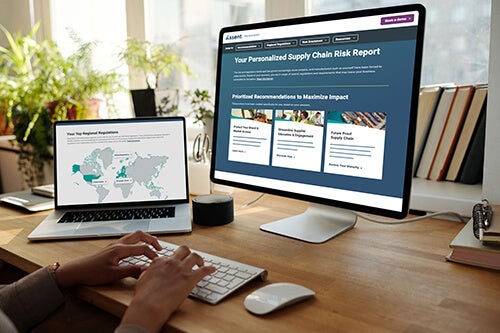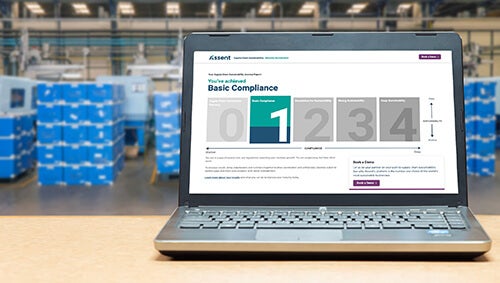The European Commission has contracted the Öko-Institut to review a series of technical exemptions granted under the European Union (EU)’s Restriction of Hazardous Substances (RoHS) Directive. The exemptions, originally set to expire this year, are now open to public consultation until March 3, 2021. A full report complete with RoHS compliance recommendations from Öko is expected to be submitted to the commission by the end of April 2021.
If a decision is made to expire the exemptions, companies will have a minimum of 12 months and a maximum of 18 months from the decision date to inform their supply chain and comply. If a decision is made to extend or amend the exemptions, a new potential expiry date will be established.
RoHS Exemptions
The RoHS Directive controls the use of substances used in the production of electrical and electronic equipment (EEE). The directive currently restricts 10 substances, but permits their use in certain applications where no viable alternative substance has been found or where that alternative has a greater environmental impact. Under the terms of the directive, these exemptions are issued for a limited time and routinely reviewed.
The exemptions under review are:
- Annex III, Exemption 6(a)/6(a)-I: for lead as an alloying element in steel for machining purposes and in galvanised steel containing up to 0.35 percent lead by weight.
- Annex III, Exemption 6(b)/6(b)-I: for lead as an alloying element in aluminium containing up to 0.4 percent lead by weight, provided it stems from lead-bearing aluminium scrap recycling.
- Annex III, Exemption 6(b)-II: for lead as an alloying element in aluminium for machining purposes with a lead content up to 0.4 percent by weight.
- Annex III, Exemption 6(c): for copper alloy containing up to four percent lead by weight.
- Annex III, Exemption 7(a): for lead in high melting temperature type solders (i.e. lead-based alloys containing 85 percent by weight or more lead).
- Annex III, Exemption 7(c)-I: for electrical and electronic components containing lead in a glass or ceramic other than dielectric ceramic in capacitors( e.g. piezoelectronic devices) or in a glass or ceramic matrix compound.
- Annex III, Exemption 7(c)-II: for lead in dielectric ceramic in capacitors for a rated voltage of 125 V AC or 250 V DC or higher.
These applications were due to expire on various dates between May 18, 2021, and July 21, 2021, but attracted formal requests for an extension from industry in advance of last January’s deadline.
The Öko-Institut has launched a period of public consultation to gather opinions and evidence to help determine if an extension aligns with the criteria within the RoHS Directive. A main goal of the legislation is to replace harmful substances with safer ones, with exemptions being a last resort when no alternative can be found.
The Evolving RoHS Directive
The RoHS Directive has seen multiple changes since its inception in 2006, increasing the number of restricted substances; the overall scope of products it covers; adding, amending or removing exemptions; and updating other requirements and obligations for demonstrating compliance. Any company manufacturing or importing most finished EEE products into the EU is in scope. To gain and maintain market access, companies must be able to address current and future requirements established in the directive.
Assent facilitates ongoing compliance with complex legislation such as the RoHS Directive by enabling supply chain transparency and traceability. The Assent Compliance Platform efficiently acquires data from even the largest supplier networks, enabling seamless validation and analysis to help companies identify risks sooner for comprehensive supply chain risk mitigation.







